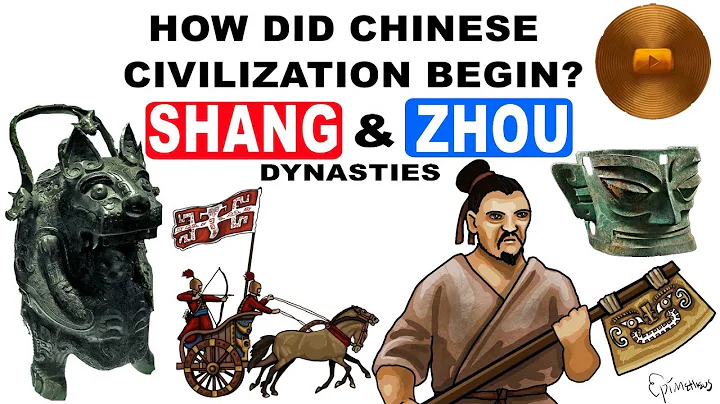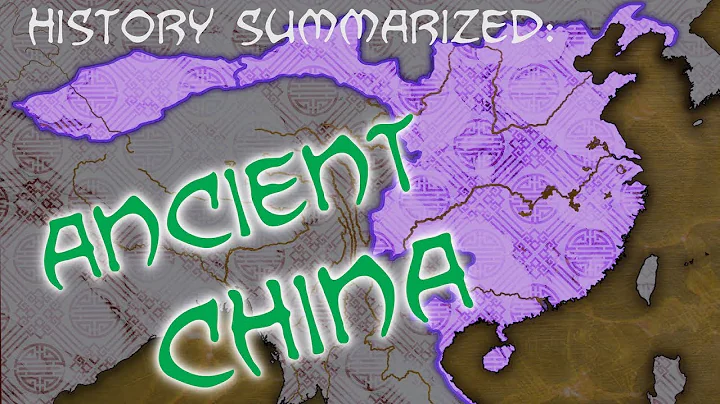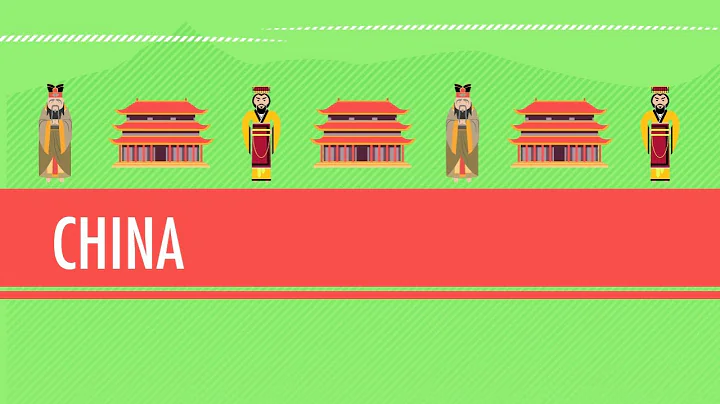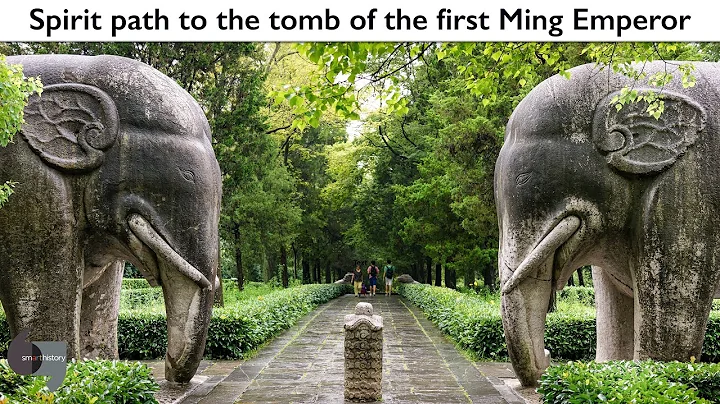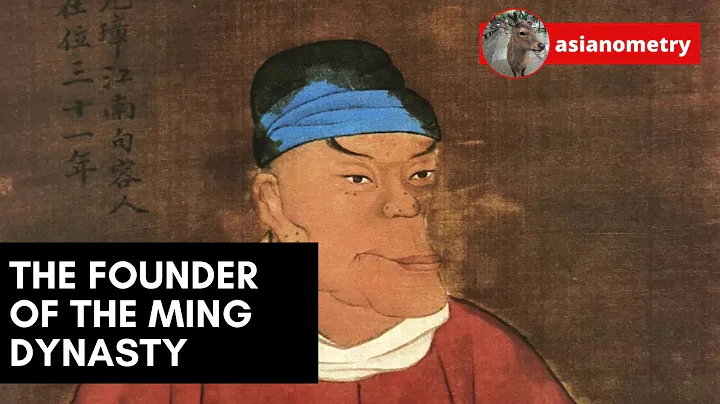
From the early days of Spring and Autumn Duke Huan of Qi established his hegemony, until the end of the middle of the Spring and Autumn Period, when Jin and Chu allied again in the Song Dynasty, the great powers fought for hegemony for more than a hundred years, causing small and medium-sized countries to not only pay tribute but also property, And the damage caused by the war was also quite serious. The two countries of Song and Zheng, which were located between Jin, Wu, Qi, and Chu, were at both ends of the spectrum and suffered a great deal from the great powers. The policies of these two countries towards Jin and Chu are as what Zheng Dafu Ziliang said: "Jin and Chu are not moral and fight with each other, and those who come with them can do it. Jin and Chu have no faith, how can I have faith?" ("Jin and Chu have no faith") The eleventh year of Xuan Gong in "Zuo Zhuan") Jin and Chu were both exhausted from internal strife and foreign aggression, and the princes could not bear the pain of "sacrifice their treasures and wait in the two realms" (the eighth year of Xianggong in "Zuo Zhuan"), so Then the Song Dynasty launched the annihilation movement .

The ruler of the Song State Xiangxu was a good friend of the rulers of Jin and Chu, Zhao Wu (ie Zhao Meng, also known as Zhao Wenzi ) and Zimu (ie Qu Jian). He wanted to take advantage of this relations, and launched an anti-army movement among the princes. Lu Xianggong In the 27th year (546 BC), Xiang Xu first went to Jin Kingdom to find Zhao Wu, the marshal of the Chinese army. Zhao Wu discussed countermeasures with all the officials. Han Xuanzi said: "The soldiers are the people. It is a waste of money and a big problem for a small country. Even if the general says it is not possible, he will definitely promise it. ”, so Jin agreed to Xiang Xu’s initiative. Xiang Xu went to Chu Kingdom again, "Chu also agreed to it" (both see "Zuo Zhuan" in the 27th year of Duke Xiang), and then Qi, Qin and some other small and medium-sized countries also agreed.

From May to July of that year, officials from Jin, Chu, Qi, Song, Wei, Zheng, Lu, Chen, Zhu, Teng, Xu, Cai and other countries and the monarchs of small countries met in the capital of Song Dynasty to discuss the Qiu League, Qin Although the Chinese government agreed to eliminate troops, they did not attend the meeting. At the meeting, the State of Chu first put forward the request that "the followers of Jin and Chu should meet each other" (the 27th year of Duke Xiang in "Zuo Zhuan"). This "subordinates of Jin and Chu" refers to the countries affiliated to Jin and Chu, "interacting with each other", which means that those originally belonging to Jin dynasty Chu, and those belonging to Chu dynasty Jin. This means that the small and medium-sized countries that were originally subordinate to Jin and Chu were now obliged to pay tribute to both Jin and Chu. Since the princes who were originally subordinate to the Jin State accounted for the majority, this caused the Jin State to suffer. Therefore, Zhao Wu of Jin said: "Jin, Chu, Qi, and Qin are equal. Jin cannot compete with Qi, just as Chu cannot compete with Qin. If the king of Chu can make the king of Qin humiliate my city, I dare not insist on asking Qi. ?” (Zuo Zhuan, the 27th year of Duke Xiang) It was finally agreed that except for Qi and Qin, all other countries must “meet each other”, and Chu still took advantage. In this way, the vassals of the two countries must face both Jin and Chu, and recognize Jin and Chu as their common overlords. If Jin and Chu were not evenly matched at that time, this phenomenon would not have occurred.

After the Annihilation Conference , there was no conflict between Jin and Chu for forty years. The center of the war moved from the Central Plains to the southeastern region between Wu, Chu, and Wu and Yue. Although the vassal states of the Central Plains were protected from the conquests of the big powers at this time, the burden on the people of the small countries was not reduced because their tribute had doubled compared with before.
For example, in 544 BC, the Marquis of Sima, a native of Jin, said to the king of Jin: "Lu is in Jin, and there is no shortage of tributes. When the time comes, the ministers and ministers will come to the dynasty one after another. The history is endless, and there is no empty month in the government." (Zuo Zhuan, the 29th year of Duke Xiang). Zheng Guo also paid heavy tribute to Jin and Chu. In 551 BC, when the State of Jin sent people to the State of Zheng to ask for tribute, Zichan replied: The State of Zheng regards the State of Jin as "no court, no employment, no service, no service. The political orders of a large country are unpredictable." When the country is sick, it is recommended to come without warning. If you are not vigilant every day, how can you dare to forget your duty?" (Zuo Zhuan, the 22nd year of Duke Xiang). In the Spring and Autumn Period , states such as Lu and Zheng were second-class states to the big states of Jin and Chu, but they were powerful to some small states, and the small states had a burden on them. Lu's request for tribute from Zhu, ■ and other countries is an example of this.

Of course, the tribute paid by small countries to big countries still falls on the people, so the burden on the people continues to increase.Therefore, in the state of Qi "the people participated in their efforts and joined the public affairs"; in the state of Jin "the common people gave up, but the public offices were luxurious. Taoists and aristocrats faced each other, and women were especially wealthy" (both see "Zuo Zhuan") In the third year of Duke Zhao's reign); in Chu State, "the Taoists and colonists faced each other, the thieves and thieves were in charge of the eyes, and the people had nothing to give up (to rely on). They were unwilling to show mercy, but they never tired of gathering together" ("Mandarin·Chu Yu"). Because the people at that time suffered such heavy oppression, people's resistance was relatively common. Therefore, records say: Chu was "full of bandits and bandits" (the 31st year of Duke Xiang in "Zuo Zhuan"); Lu and Zheng had "many bandits" (the 21st year of Duke Xiang in "Zuo Zhuan"). Because Qi State used severe punishment to suppress the people's resistance, "the cities of the country have repeatedly been replaced by nobles" ("Zuo Zhuan" in the third year of Zhaogong). The emergence of this phenomenon is just as Mozi said: "The rich and noble are luxurious, and the lonely and widowed are cold and discouraged. Although they want to be without chaos, they cannot get it" ("Ci Guo Pian"). After the Treaty of Annihilation, countries gradually shifted from the past country-to-country struggles to domestic struggles, which caused political and economic changes within some princely states, and the old system was gradually replaced by the new system. Therefore, it can be said that the Erbing Conference was a key year in the Spring and Autumn Period when the annexation of princes turned to the annexation of big officials, and it was also a sign of the transition from the early to the late Spring and Autumn Period.
